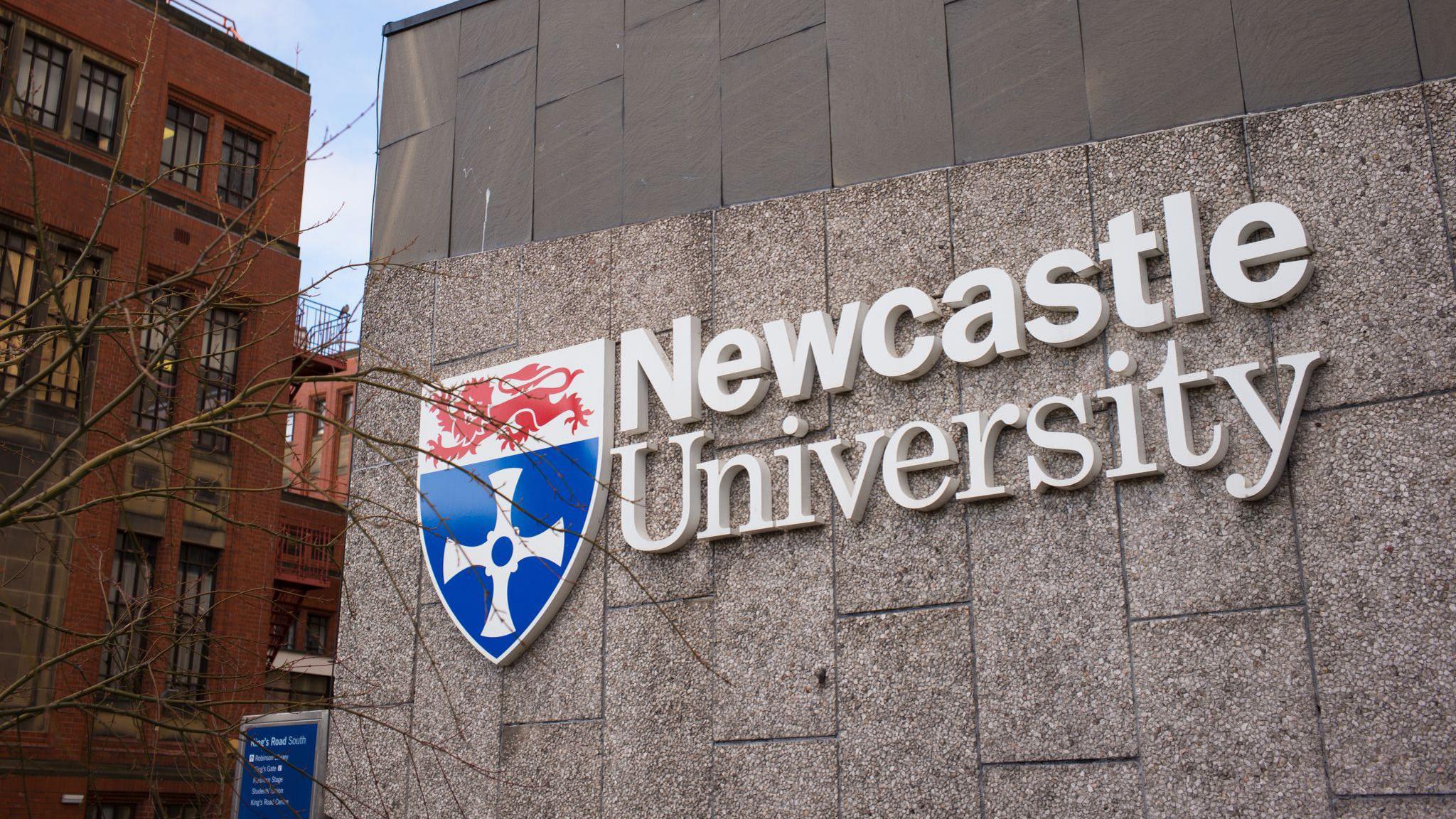Kidney drug research 'may be life-changing'

Louise Percival, who took part in the study, says she welcomes no longer having to endure the drug's side effects
- Published
Early withdrawal of a treatment for people with a rare kidney disease is possible without relapse, safer for patients and saves the NHS millions of pounds, researchers say.
Atypical Haemolytic Uraemic Syndrome (aHUS) is a life-threatening condition caused by an uncommon defect in the immune system which, in the past, led to kidney failure.
A study by Newcastle University has found most patients can stop taking the drug eculizumab after six months and their disease will not return.
Prof Neil Sheerin, who led the study, said the findings had "the potential to significantly change the way we manage aHUS and this may be life-changing for some patients".
Ending the use of the drug after six months could lead to NHS savings of £4.2m per patient over their lifetime, the university said.
Health chiefs previously recommended patients stay on eculizumab for the rest of their lives although that leads to an increased risk of meningococcal sepsis.
'I feel like myself again'
Twenty-eight people, aged two to 59, from England and Scotland and who had been on eculizumab for at least six months, took part in the trial.
All patients had their treatment withdrawn. Only four participants' kidney disease returned and the remaining 24 have remained aHus-free to date, the university said.
Among those taking part was Louise Percival, of York, who was diagnosed with aHus in 2017.
The 35-year-old said she had suffered several side effects, such as migraines, hair loss and breathlessness, before being taken off eculizumab during the trial.
She described the findings as fantastic.
"When I was diagnosed with aHUS I felt overwhelmed as it was a huge burden to live with," she said. "It was life-changing as it's something that will never go away.
"I strongly disliked the eculizumab infusions as they had to be given religiously every two weeks, which impacted my holidays and social events.
"I'm a very active person, enjoying hiking and the gym, so the side effects and time needed for the treatment were detrimental to my quality of life.
"I have a fear of needles, so having a cannula put in my arm every fortnight was very distressing.
"All of the side effects disappeared and I feel like myself again."

Researchers from Newcastle University say the findings show many people can stop their use of eculizumab after six months
Prof Sheerin said when a patient initially started treatment for aHUS "they faced a lifetime of eculizumab and the dangers associated with it".
"Now we have shown that many people can stop the treatment, freeing them from the burden of regular intravenous injections and removing risk of serious infection associated with the drug," he said.
"In addition, significant efficiency savings for the NHS of £110.4m over five years could be realised in this patient population through more targeted use of this high-cost treatment."
The study was funded by the National Institute for Health and Care Research and published in The Lancet Regional Health Europe.
Follow BBC North East on X, external, Facebook, external, Nextdoor and Instagram, external.
Get in touch
Do you have a story suggestion for BBC Tyne?
Related topics
- Published16 July

- Published13 June
